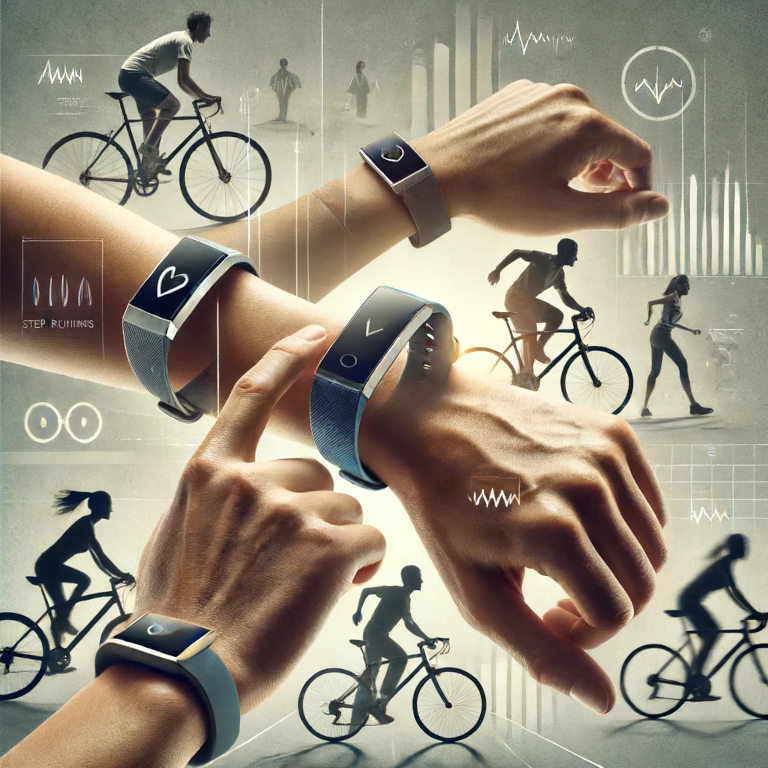In today’s health-conscious world, fitness trackers have become an integral part of many people’s lives, offering a blend of technology and functionality to monitor physical activities and overall well-being. As an expert in Technology and Gadgets, I’ll provide an in-depth look at how these devices operate and their benefits in promoting a healthy lifestyle.
What Are Fitness Trackers?
Fitness trackers, also known as activity trackers, are wearable devices that monitor and record a person’s physical activities throughout the day. They track a wide range of data, including steps taken, calories burned, heart rate, sleep patterns, and even workout intensity. By syncing with mobile apps or web accounts, fitness trackers provide users with detailed insights into their health and fitness progress.
Key Features of Fitness Trackers
- Step Counting: This basic feature calculates the number of steps taken, encouraging users to achieve a daily target.
- Heart Rate Monitoring: Advanced trackers measure heart rate continuously or during specific activities, providing crucial data for assessing cardiovascular health.
- Calorie Tracking: By estimating the total calories burned throughout the day, these devices help users manage their diet more effectively.
- Sleep Monitoring: Fitness trackers also monitor sleep patterns, helping users understand their sleep quality and duration.
- GPS Tracking: Some devices include GPS to track runs or bike rides, providing detailed data on speed, distance, and routes.
Benefits of Using Fitness Trackers
- Motivation Boost: Setting goals and monitoring progress makes it easier for individuals to stay motivated.
- Health Awareness: Continuous health monitoring prompts users to make healthier choices and recognize potential health issues.
- Data Analysis: The ability to analyze your physical activity data helps tailor personal fitness plans that align with individual health needs.
- Integration with Other Devices: Many trackers integrate seamlessly with other smart devices, enhancing the user experience and providing a holistic view of one’s health.
Choosing the Right Fitness Tracker
When selecting a fitness tracker, consider factors such as:
- Compatibility with other devices
- Battery life
- Water resistance
- Type of activities you wish to track
- Design and comfort
The Impact of Fitness Trackers on Health and Fitness
Research suggests that using fitness trackers can significantly increase user activity levels. These gadgets not only raise self-awareness about health metrics but also serve as a constant reminder to move more, contributing to a more active and healthier lifestyle.
Fitness trackers are more than just a gadget; they are a lifestyle enhancement tool that motivates, educates, and empowers individuals to take charge of their health. As technology advances, these devices continue to evolve, offering more detailed insights and proving to be an essential tool in the journey towards a healthier life.
Embrace the power of technology with a suitable fitness tracker and make informed decisions to boost your health and wellness.






